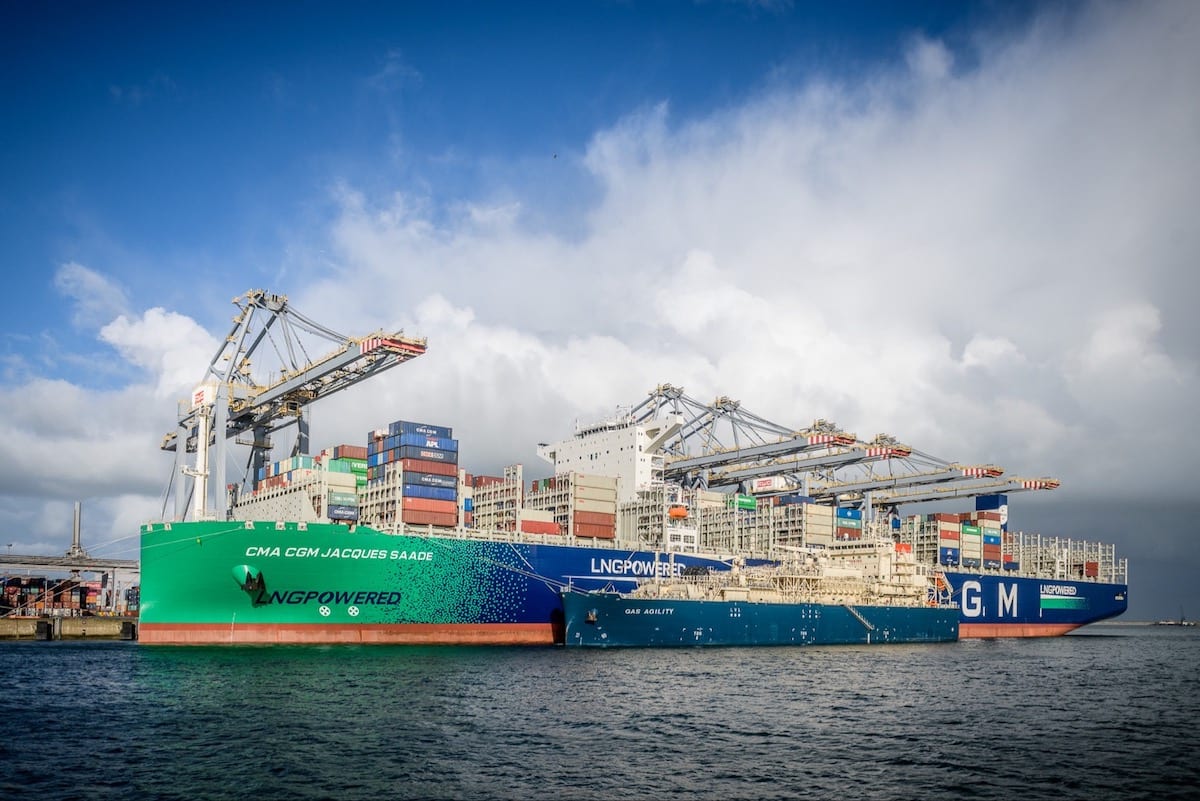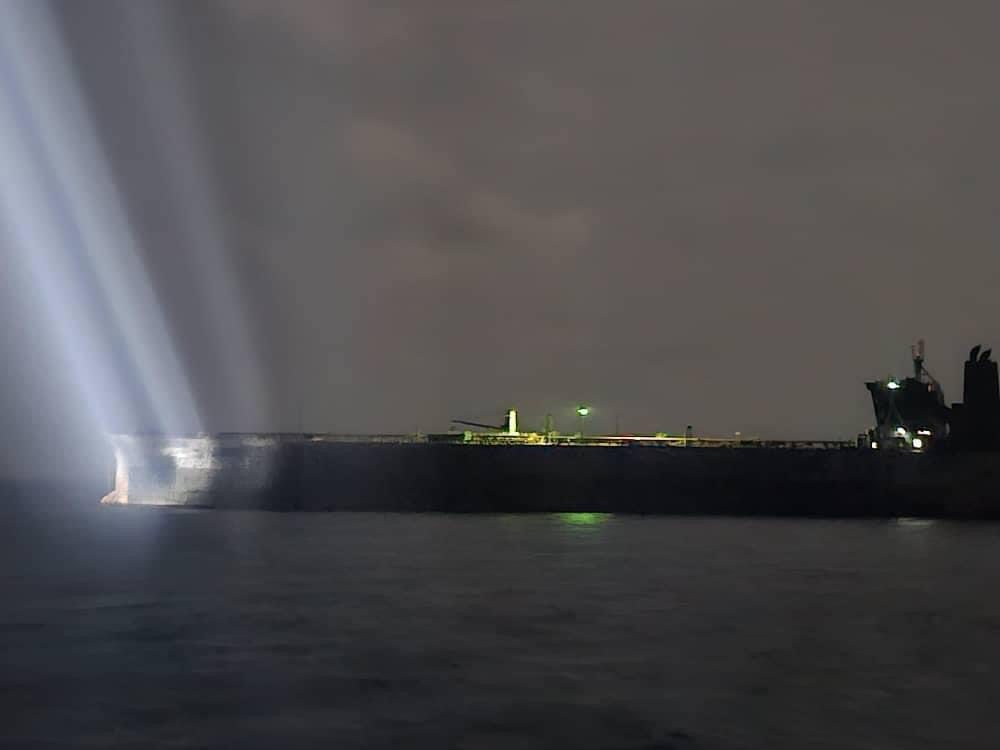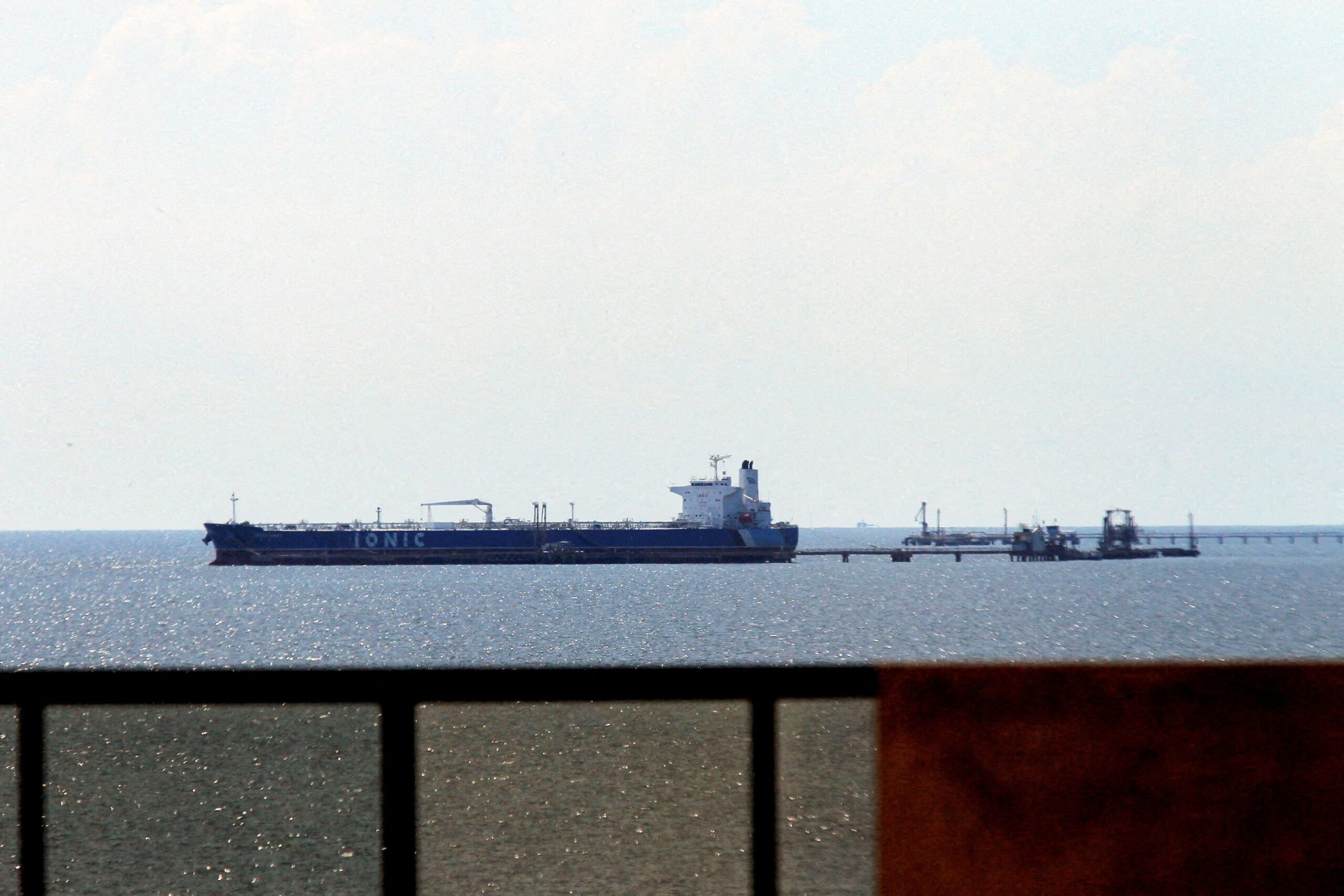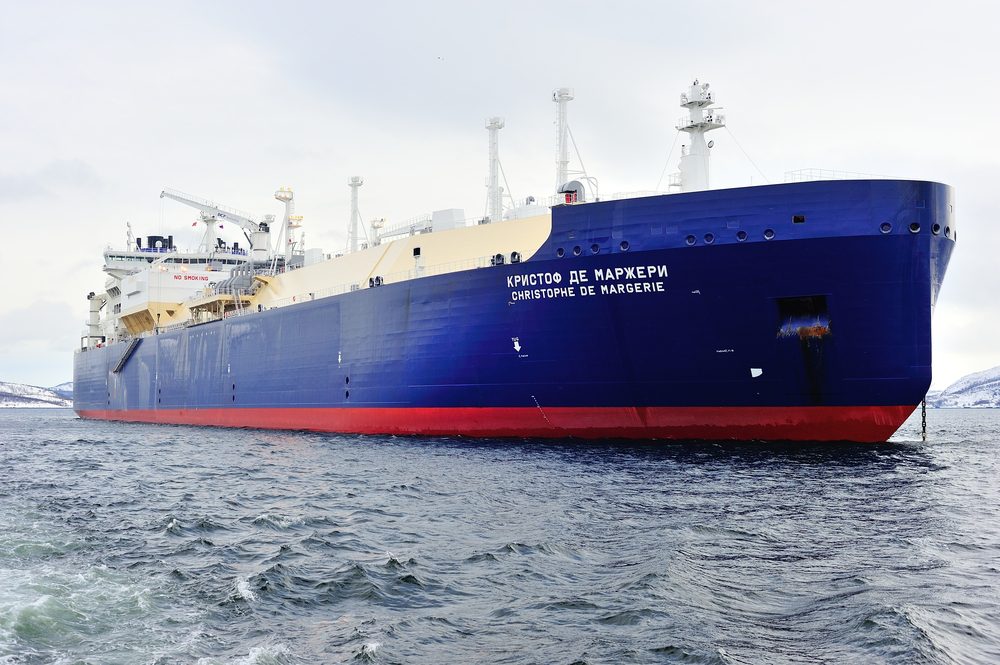The maritime industry’s shift toward alternative fuels continued in March 2025, with 25 new vessel orders featuring alternative fuel systems, according to DNV’s Alternative Fuels Insight (AFI) platform.
Methanol emerged as the dominant choice, securing 12 orders across various vessel segments, including cruise ships, car carriers, bulk carriers, and tankers.
LNG maintained its position in the container shipping sector with seven new orders, while ammonia technology gained traction with two orders for oil/chemical tankers.
The first quarter of 2025 saw a total of 71 alternative-fuelled vessel orders, marking a 13% decrease compared to the same period in 2024. Industry experts attribute this decline to broader market conditions affecting newbuild activity.
DNV Maritime’s Global Decarbonization Director, Jason Stefanatos, offered an optimistic perspective on the March performance: “This was another solid month for the alternative-fuelled orderbook, with plenty to be encouraged about.”
Stefanatos highlighted the significance of methanol’s diverse adoption: “Methanol led the way, accounting for the highest number of new orders, following relatively weak activity over the winter months. Interestingly, these orders were spread across diverse segments, with owners across the cruise, car carrier, bulk carrier, and tanker segments investing in this fuel.”
The emergence of ammonia as a marine fuel choice also caught attention. “While ammonia still has some way to go as a marine fuel, foundations are being put in place and progress is being made,” Stefanatos noted.
Despite the year-over-year decline in alternative fuel orders, industry experts maintain that this trend primarily reflects the overall slowdown in newbuild orders rather than diminishing interest in alternative fuels.

 Join The Club
Join The Club











